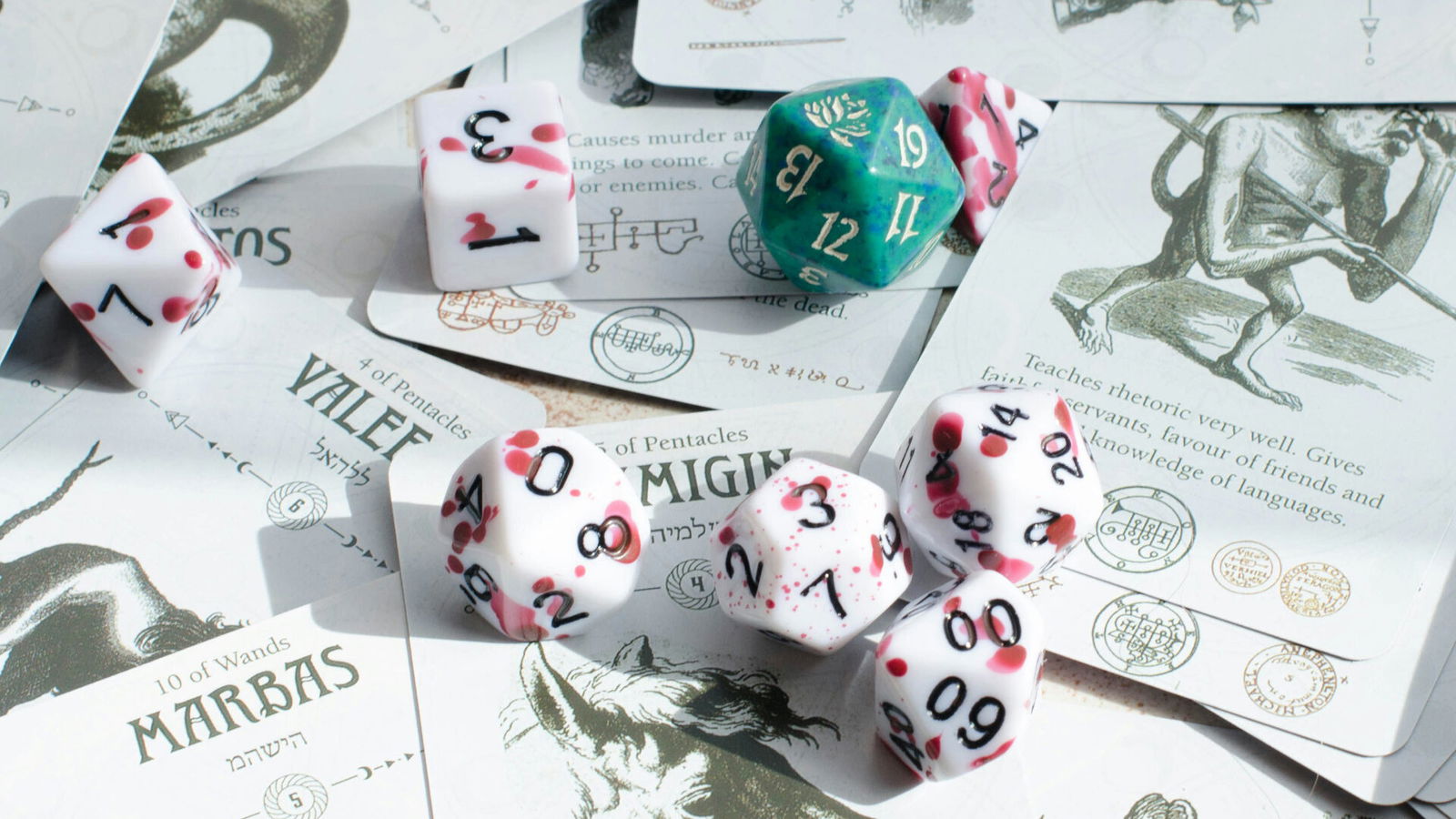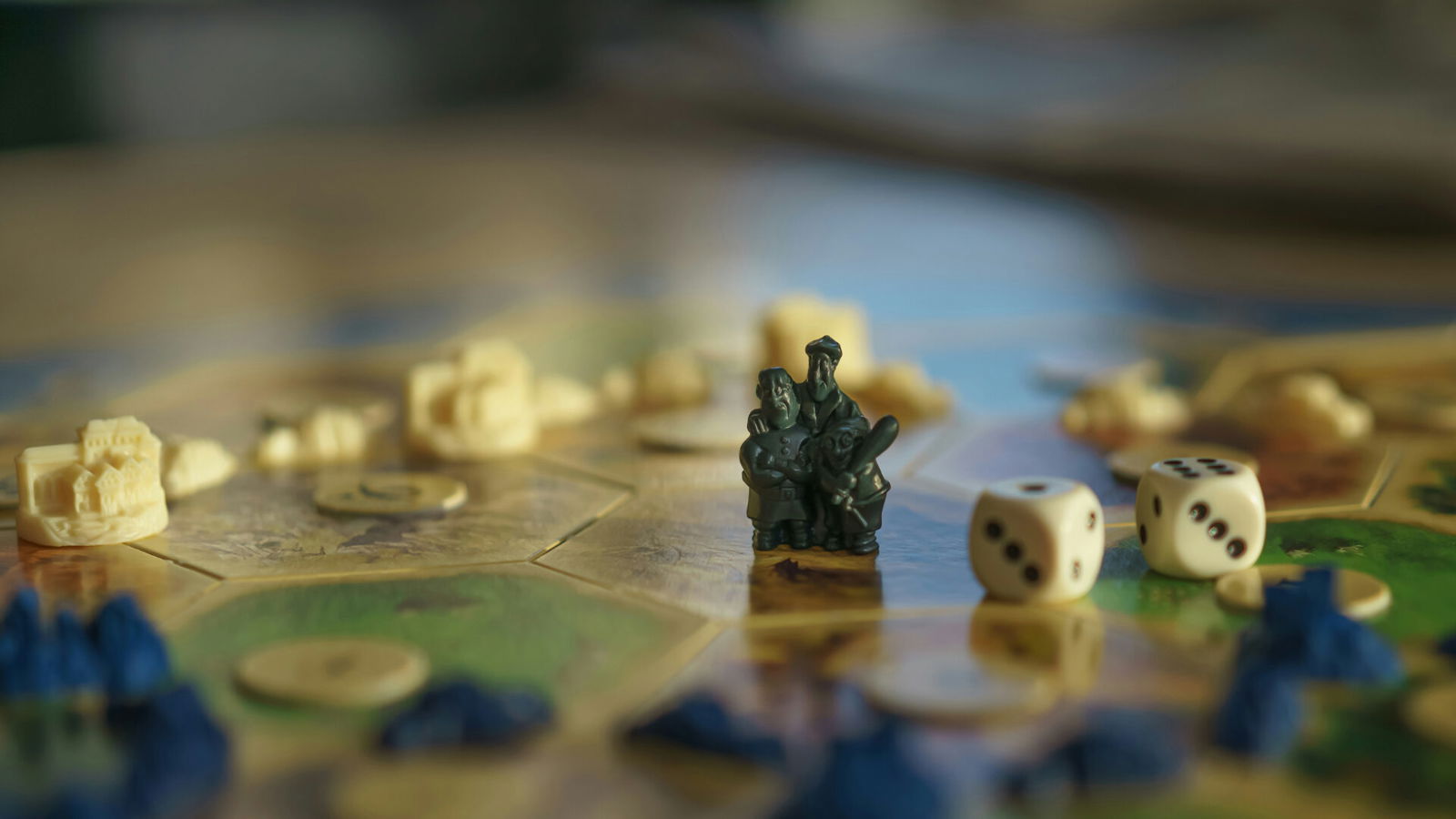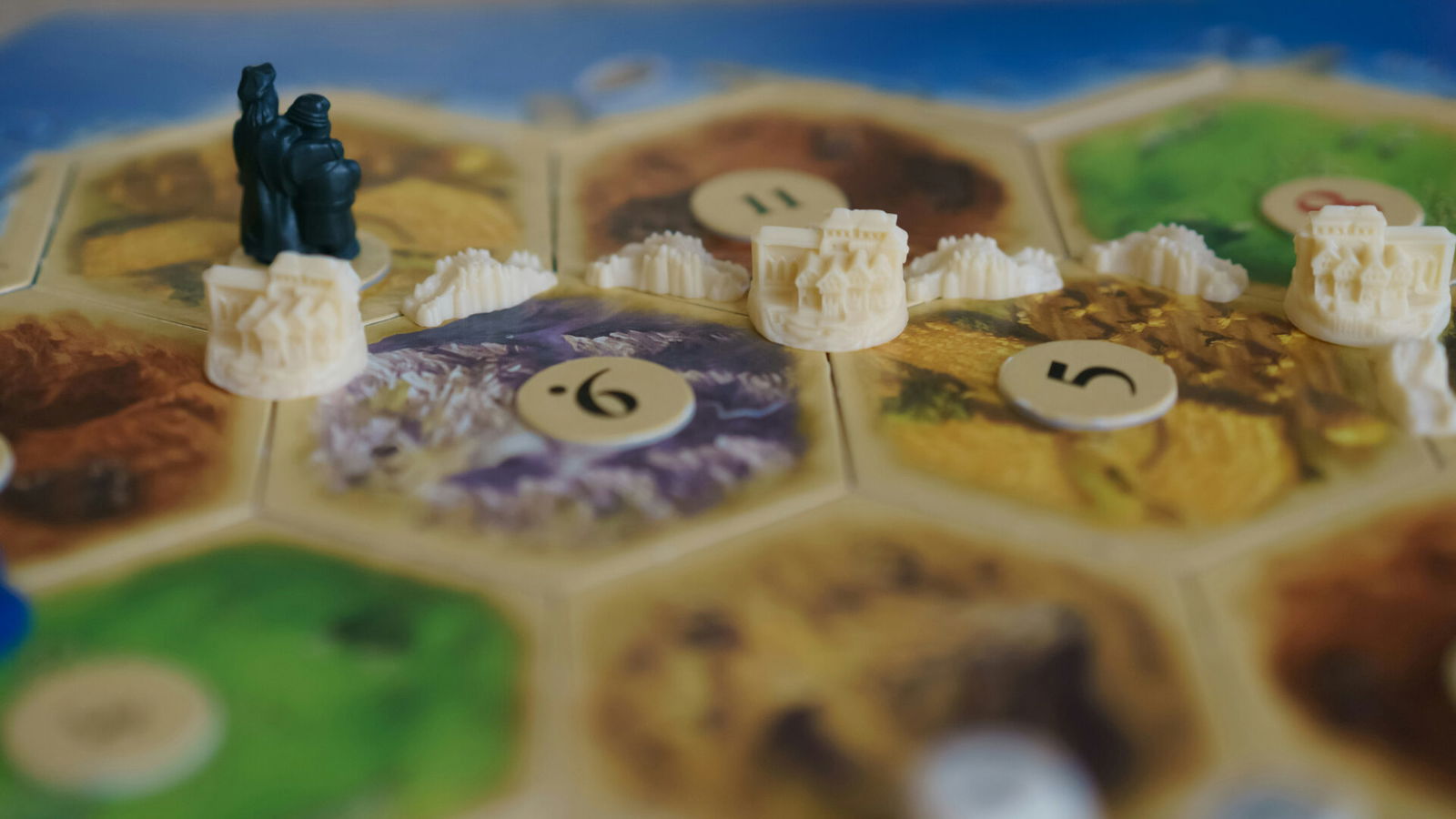Timeless board games have dictated how people play, learn and socialize for centuries. Their influence spans beyond the table, impacting the design and play of today’s hottest digitally released titles.
Few pastimes carry the same sense of nostalgia and universality as board games. They call up images of game nights, innocent competitiveness, and the interplay of strategy and chance. While world-altering technologies progress at jet-propelled rates, the foundation laid by those old-world games is felt even today in its newer incarnations. Tradition is combined with innovation.
From Ancient Boards to Global Phenomena

The history of the game board is ancient. Boards such as Senet in old Egypt (3100 BC) or Go in China (2300–2000 BC) reveal just how pervasive ordered play is in culture. Board games that evolved over centuries, such as Monopoly, Scrabble, and Clue, were once made from basic resources and later became teaching aids, narrative devices, and social magnets. Card games came later in history; these were essentially portable boards, using paper instead of wooden pieces.
The advent of the internet enabled the classics to come out of the living room. A multitude of old and new games are available. Players congregate over continents in seconds. They belong to virtual boards that revisit the thrill of moving a piece, from all the way to rolling a die. The physical transition to virtual proves how great the spirit of the board game is. They belong to no genre yet thrive anywhere people gather to play.
Games of Chance and Unpredictability

Later, games of chance evolved into casino staples such as Poker, Blackjack, and Baccarat. These card games have varied origins. Poker started in America in the early 19th century as an outgrowth of riverboat card games. Blackjack originated in European games, such as French “Vingt-et-Un,” in the 1700s and gained popularity in America in the early 20th century. Baccarat originated in 15th-century Italy, spread to France, and later evolved into modern versions, such as Punto Banco.
One of the enduring strengths of board games is that some achieve just the right combination of chance and unpredictability. Modern gaming websites draw heavily from it. Designers understand that players enjoy the freedom associated with games designed just for fun. For example, when players explore casino games at TitanPlay, the echoes of chance and that unpredictability that originated in timeless board games are unmistakable.
The Social Power of Shared Boards

It was never winning or losing. It was making common experiences. It established relationships and sometimes sparked conversations that went far beyond the game’s ending. Draping up a board suddenly transformed the top of the table into a social hub. It didn’t matter whether siblings were playing in Sorry! or mates were forming groups in Catan.
That social element has seamlessly migrated to the web. Multiplayer websites enable you to replay interactions through chat, video link, or game cooperation. WhatsApp and Messenger allow those discussions to continue, which is another step forward. You share strategy, reflect on the outcome, or arrange the next game in real time. Those interactions account for why board games never fade. They are conveyances of human relationships as much as battles of wits.
Evolving Rules, Enduring Fun

Another reason board games persist is that they can be modified. Designers never hesitated to rescheme or redesign a game to suit varying crowds. Monopoly has been released in more than several hundred themed versions, from cities to movies. Clue has revised its locations and cast of characters, yet kept its underlying mystery at its core.
That versatility is mirrored in virtual worlds. Programmers continuously redesign them, incorporating new graphics, storylines and mechanics into preexisting structures inside the game. This does not rewrite tradition but refreshes it, maintaining the engagement of old-school gaming while making it comfortably familiar yet dynamic. It appeals to the new and retains older enthusiasts.
Why Timeless Games Still Delight New Generations

Why do board games endure? Because they’re accessible. Many of the game’s rules are easy to learn, while others can take years to become proficient. That equilibrium appeals to players of all experience levels. It’s this accessibility that keeps people engaged for hours of enjoyable play. In today’s technology-oriented world, such access has merely grown.
Online versions allow gamers to learn from tutorials. You can access advice from communities and enter games at your own pace. The barrier is comparable to the enticing aspect of manually rolling dice or moving units. More importantly, the sense of accomplishment is maintained. Board games are regarded warmly by each generation, not only with nostalgia. Whether experienced on a physical board or through digital platforms, their enduring appeal continues.
Timeless board games were never just entertainment. They are masters of the discipline of patience, community builders and tradition bearers. Their reach extends deeply into the virtual world, where their mechanics and spirit influence the next generation of interaction. From strategy to chance, laughter to flexible formats, these games continuously keep us developing how people play. As they remind us, even as technology advances, the essence of play never does. Connecting with others, thinking deeply and enjoying the unexpected never go out of style.



